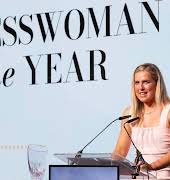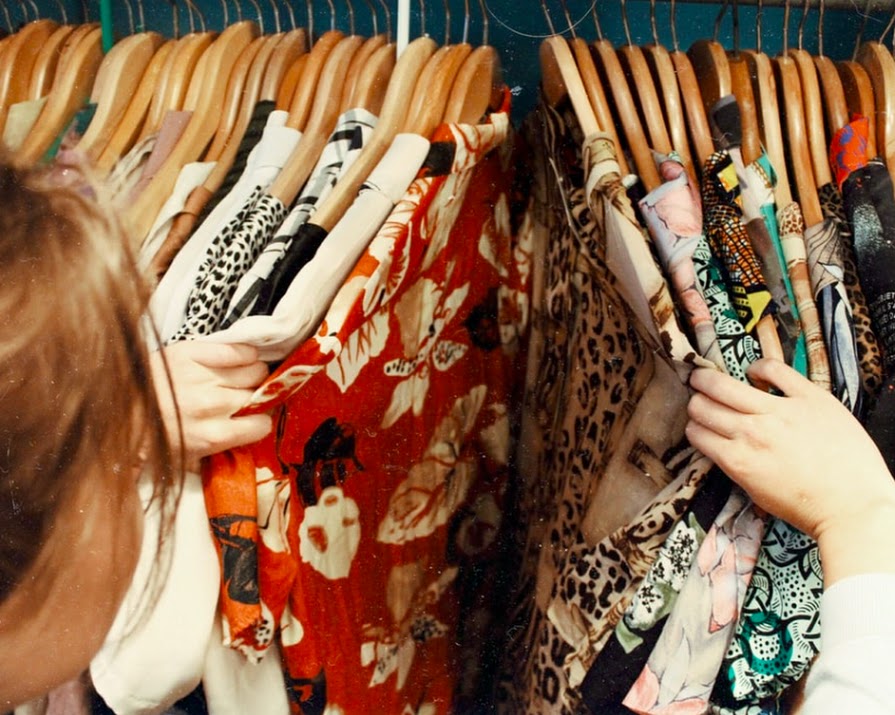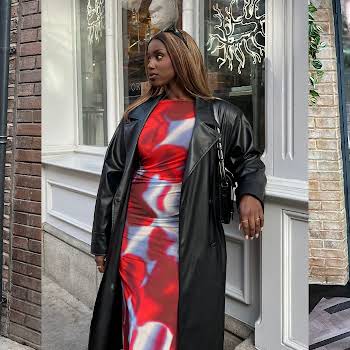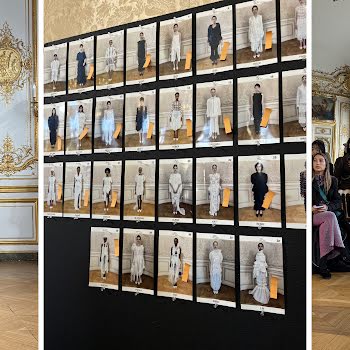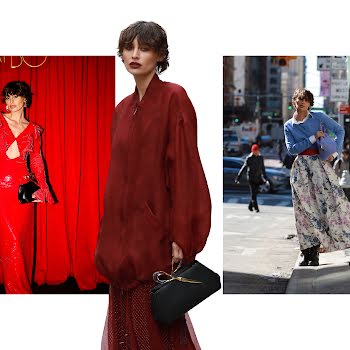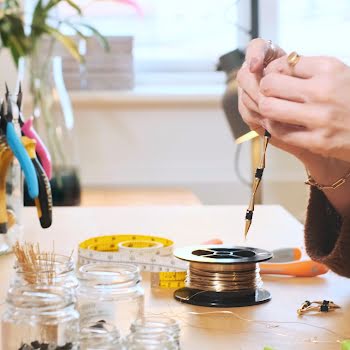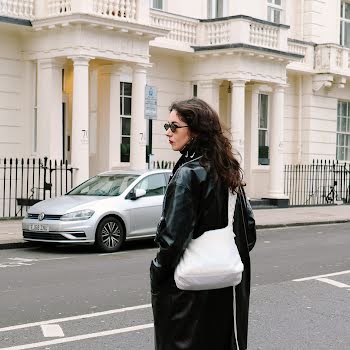
‘Lighter wallet, clearer conscience’: The planet-friendly impact of charity-shop shopping
By Amanda Cassidy
26th Sep 2020
26th Sep 2020
Is it the end of the line when it comes to throw-away clothes? As part of our Sustainable September series, we sat down with Rosie Henson, the Head of Retail at the National Council for the Blind of Ireland to discuss how charity shops are changing the world one second-hand blouse at a time.
For the most part, ethically-sourced fashion is no longer an empty nod by retailers to the environmental impact of material and water waste.
Fashion experts have recently noted a significant shift in our approach to buying and sourcing our wardrobe second-hand. No longer simply driven by thrift, a new breed of fashion-conscious but ethical consumers has begun to emerge.
A consequence of turning our backs on fast fashion and its detrimental environmental impact, pre-loved hubs like eBay, Etsy, clothes swaps, as well as charity shops are flying the flag as unlikely change-makers in the rush to protect the planet.
Circular fashion
NCBI and its charity retail shops have been particularly innovative.
Rosie Henson, is its Head of Retail says there is less of a stigma than ever when it comes to wearing and using secondhand goods. “ At the beginning of COVID-19 lockdown, we expanded our stock sold on thriftify.ie from just books to clothing which allowed people to continue supporting NCBI while shopping from the comfort of their home. The response has been amazing.
Since June, we have also been able to reopen most of our stores and this has allowed us to move forward with our Sustainability Strategy – promoting sustainable fashion, recycling, upcycling furniture and working towards greener environmental practices in general.”

This month at IMAGE we are also supporting Secondhand September, a month to reflect on our individual efforts to be part of the drive towards making the fashion industry a circular one.
Fast-fashion loses pace
Rosie explains how our buying habits are affecting the planet. “We are operating in a background where the volume of clothes bought in the EU per person has increased by 40% in just a few decades, driven by a fall in prices and the increased speed with which fashion is delivered to consumers.
This has had a detrimental impact on the environment, most particularly in third world countries, as most production of the clothes we wear every day is made there. The production of raw materials, spinning them into fibers, weaving fabrics, and dyeing require enormous amounts of water and chemicals, including pesticides for growing raw materials such as cotton.”
But, she explains that closer to home, the environmental impact is also felt. “Think about all the water, energy and chemicals used in washing, tumble drying and ironing, as well as to microplastics shed into the environment. Fast fashion brands favour using lower quality resources which results in less than half of used clothes being reused or recycled after one of or two wears when they are no longer needed.”
By buying just one shirt from our stores, you are saving more emissions than driving a car for 35 miles

Changemakers
Things are slowly improving – but that change is painfully slow, explains Rosie;
“On a European and global scale with various ways to address these issues being implemented, including developing new business models for clothing rental and designing products in a way that would make reuse and recycling easier (circular fashion) and encouraging consumers to buy fewer clothes of better quality (slow fashion).
In 2018, the EU adopted a circular economy package that will, at the insistence of the European Parliament, for the first time ensure that textiles are collected separately in all Member States, by 2025 at the latest. The European Parliament has for years advocated the use of ecological and sustainable raw materials and the reuse and recycling of clothing”
All this may seem out of the control of the day to day buyer. But playing your own part in your own area isn’t hard.
Rosie says this month at NCBI, they are focusing on encouraging people to shop secondhand. “We want you to know that by buying just one shirt from our stores, you are saving more emissions than driving a car for 35 miles. Every year, nearly 2,000 tonnes of clothes are donated to NCBI. By reusing and keeping clothing in circulation, we can save 10 billion litres of water. Statistics like this, you cannot ignore.”
Charity Retail is at the heart of changing how we think about fashion and how we think about recycling. Rosie says that benefit is twofold. “We at NCBI plan to continue to make a significant impact on the way that people think about shopping, fast fashion and throw away culture in Ireland will also pouring profits into providing services for those who are blind and visually impaired in Ireland.
Small individual changes really do help to change the world for the better. Our future generations will thank you for it.”
Read more: Try this clothes-swapping platform for sustainable fashion buying
Read more: Sustainable hair: Planet-friendly products




